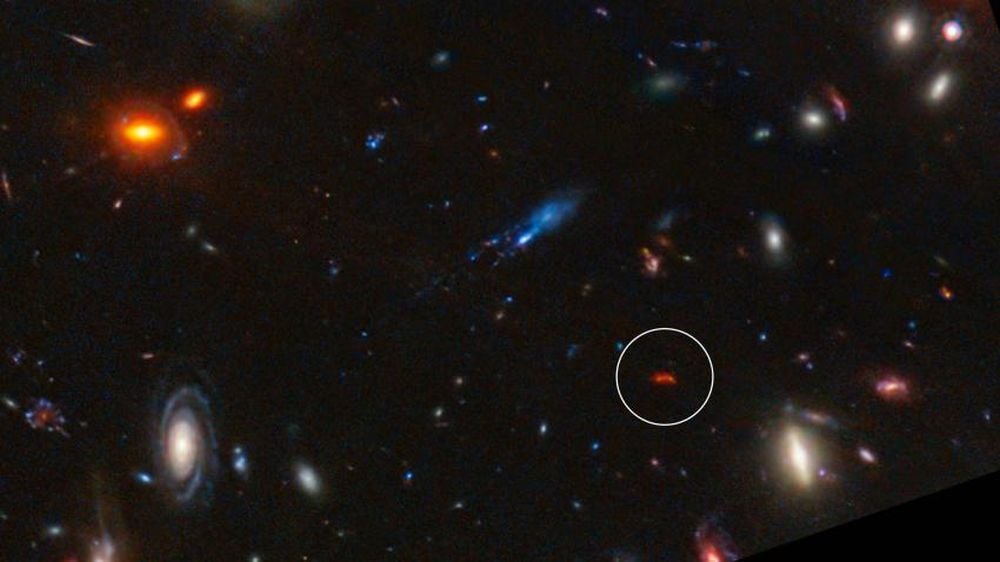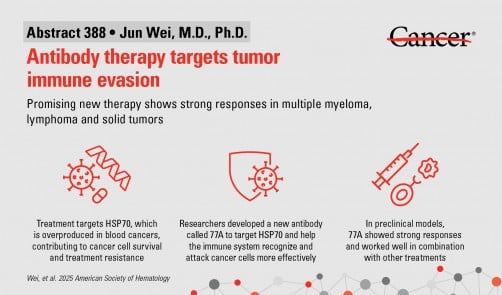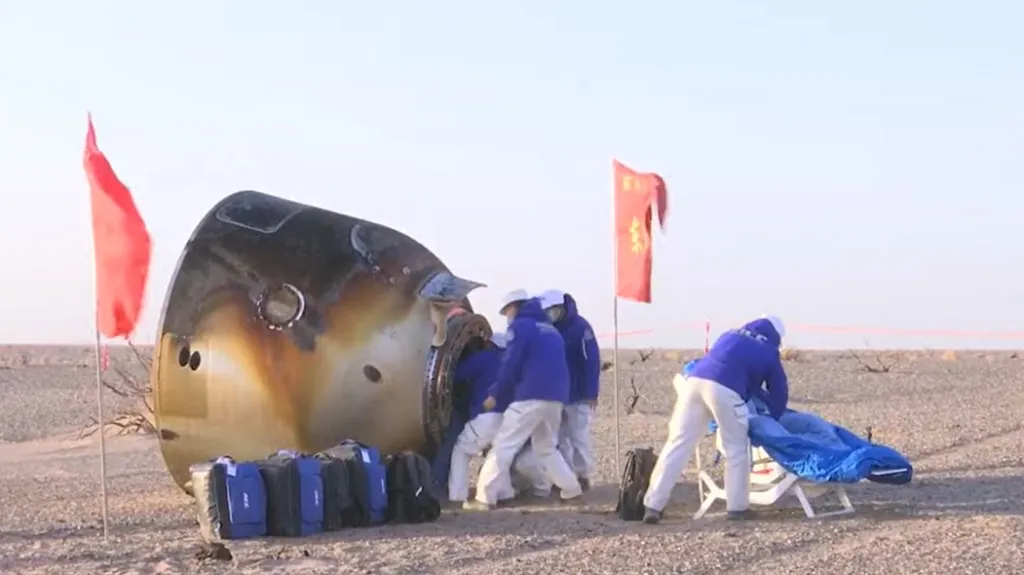A recent study conducted by the CritMET research group, led by Prof. Michael Bau, has uncovered significant contamination in the North Sea and the Baltic Sea due to MRI contrast agents. This research highlights a troubling environmental issue, as modern wastewater treatment facilities are unable to effectively eliminate these contaminants from wastewater, allowing them to infiltrate ecosystems and pollute rivers and lakes.
The findings, published in a recent report, reveal that rare earth elements linked to MRI procedures are now detectable in both seas. This raises serious concerns about the extent of environmental pollution and its potential impact on marine life and human health.
Research Methodology and Findings
The study utilized advanced geochemical methods to assess the presence of MRI contrast agents and associated rare earth elements in the waters of the North Sea and the Baltic Sea. According to the research, these contaminants enter the marine environment through treated wastewater that does not adequately filter them out. As a result, they can accumulate in aquatic ecosystems, posing risks not only to marine organisms but also to communities that rely on these waters for fishing and recreation.
Prof. Bau emphasized the urgency of addressing this issue, stating that “the presence of these contaminants in our seas is alarming, and immediate action is needed to mitigate their impact.” The report indicates that the proliferation of such pollutants could disrupt marine food chains and impact biodiversity in these regions.
Implications for Environmental Policy
The implications of this research extend beyond immediate environmental concerns. The findings call into question the effectiveness of current wastewater treatment practices and highlight the need for updated policies that address the management of pharmaceuticals and medical waste.
Environmental scientists and policymakers are urged to consider stricter regulations on the disposal of medical waste and to invest in technologies that can effectively remove these contaminants from wastewater. As the report notes, without significant intervention, the contamination of the North and Baltic Seas could worsen, leading to long-term ecological damage.
In conclusion, the study by the CritMET research group serves as a critical reminder of the challenges posed by modern medical practices on environmental health. As the presence of MRI contrast agents becomes more widespread, it is essential for governments and health organizations to collaborate on solutions that protect both public health and the environment.







